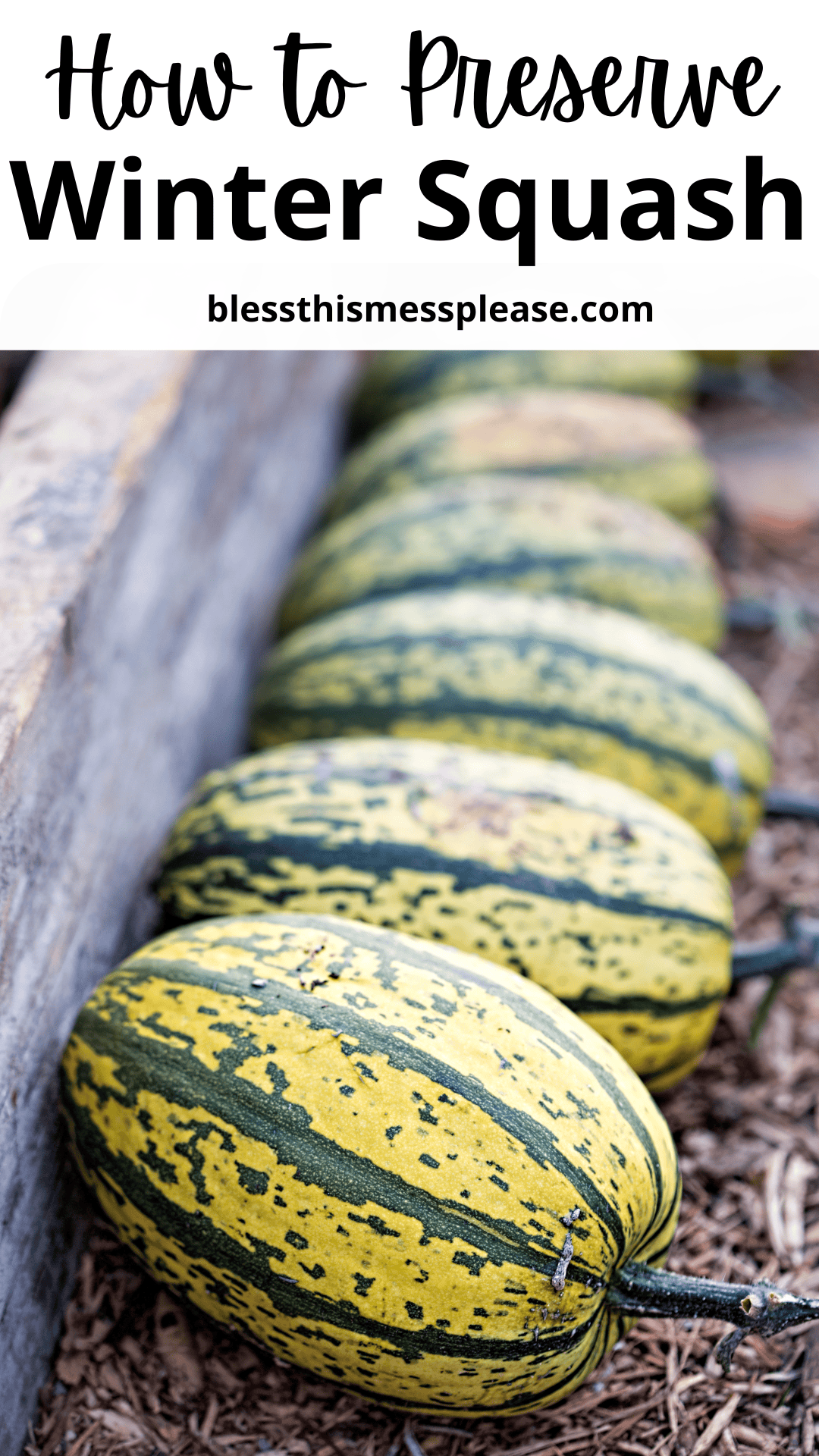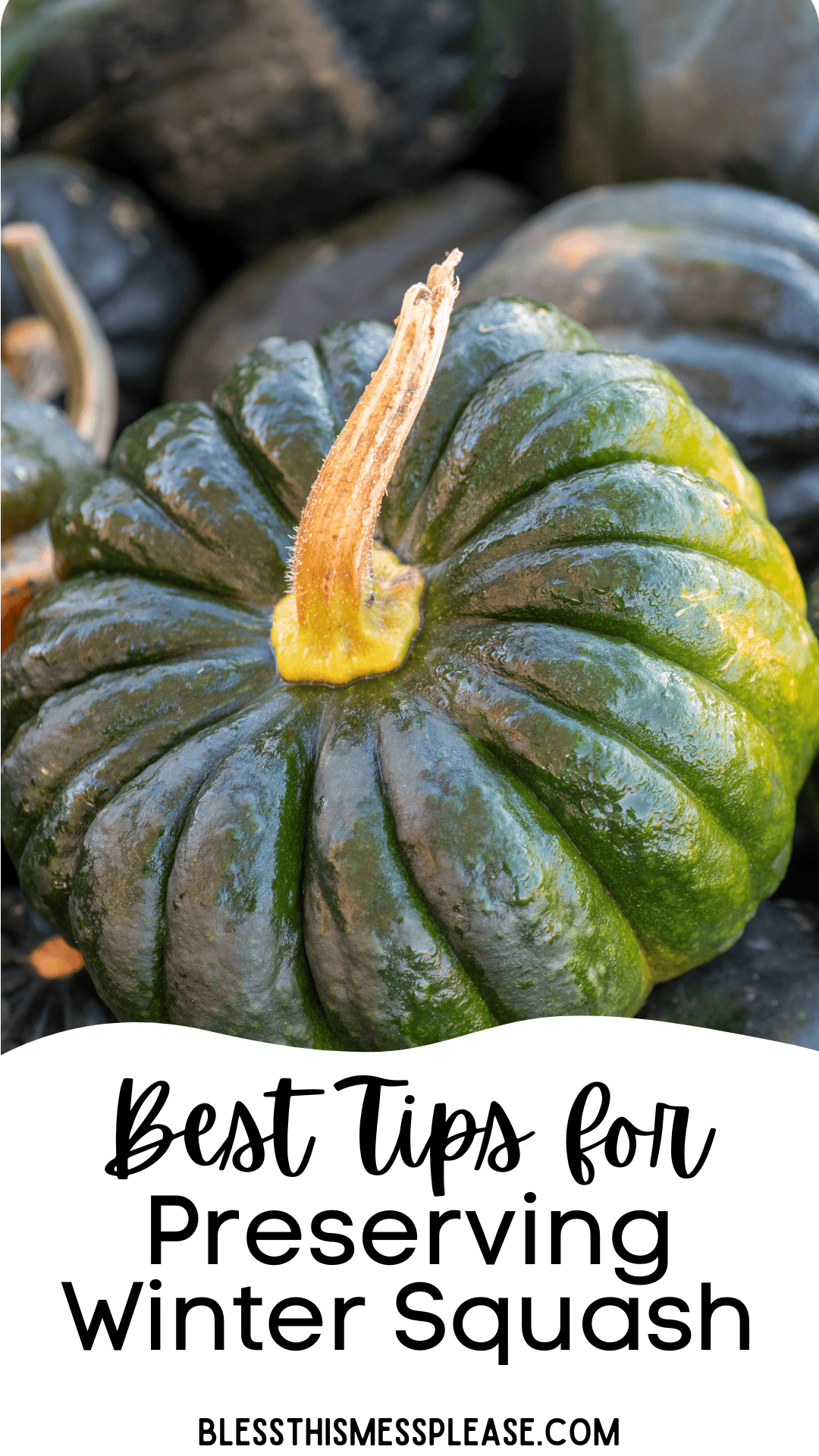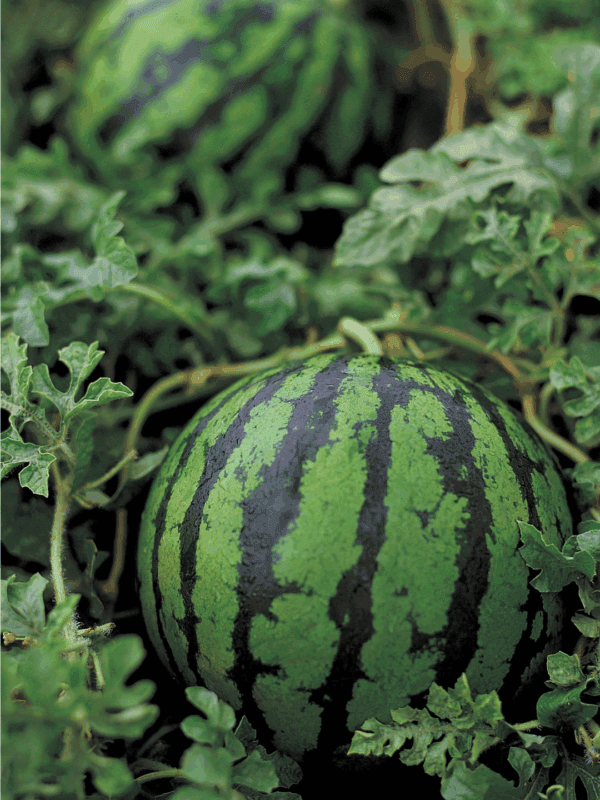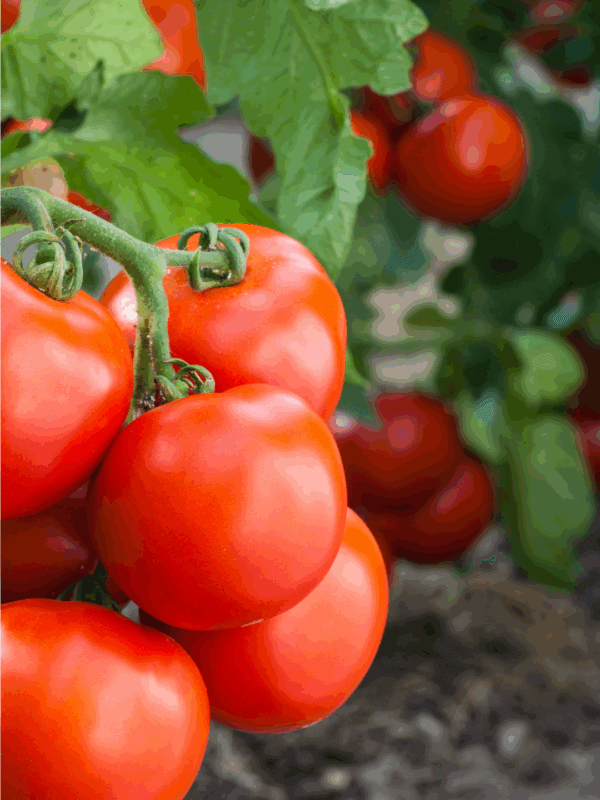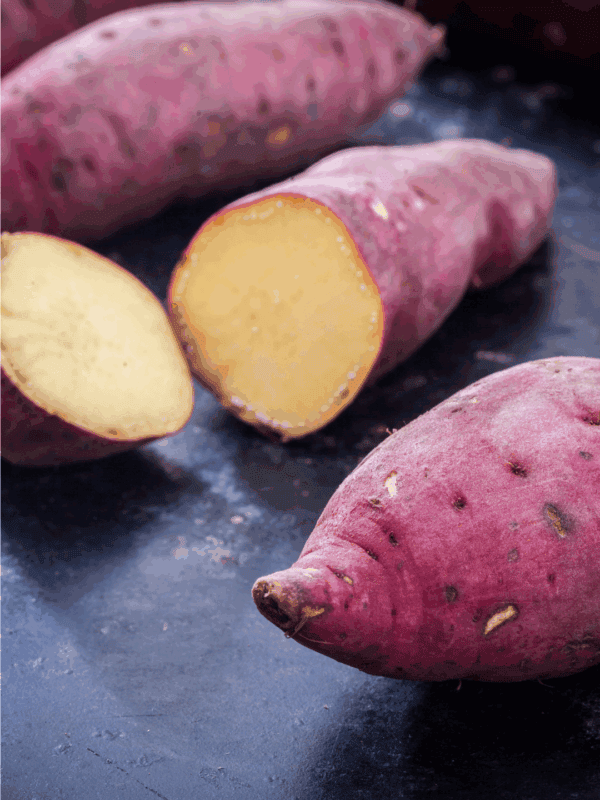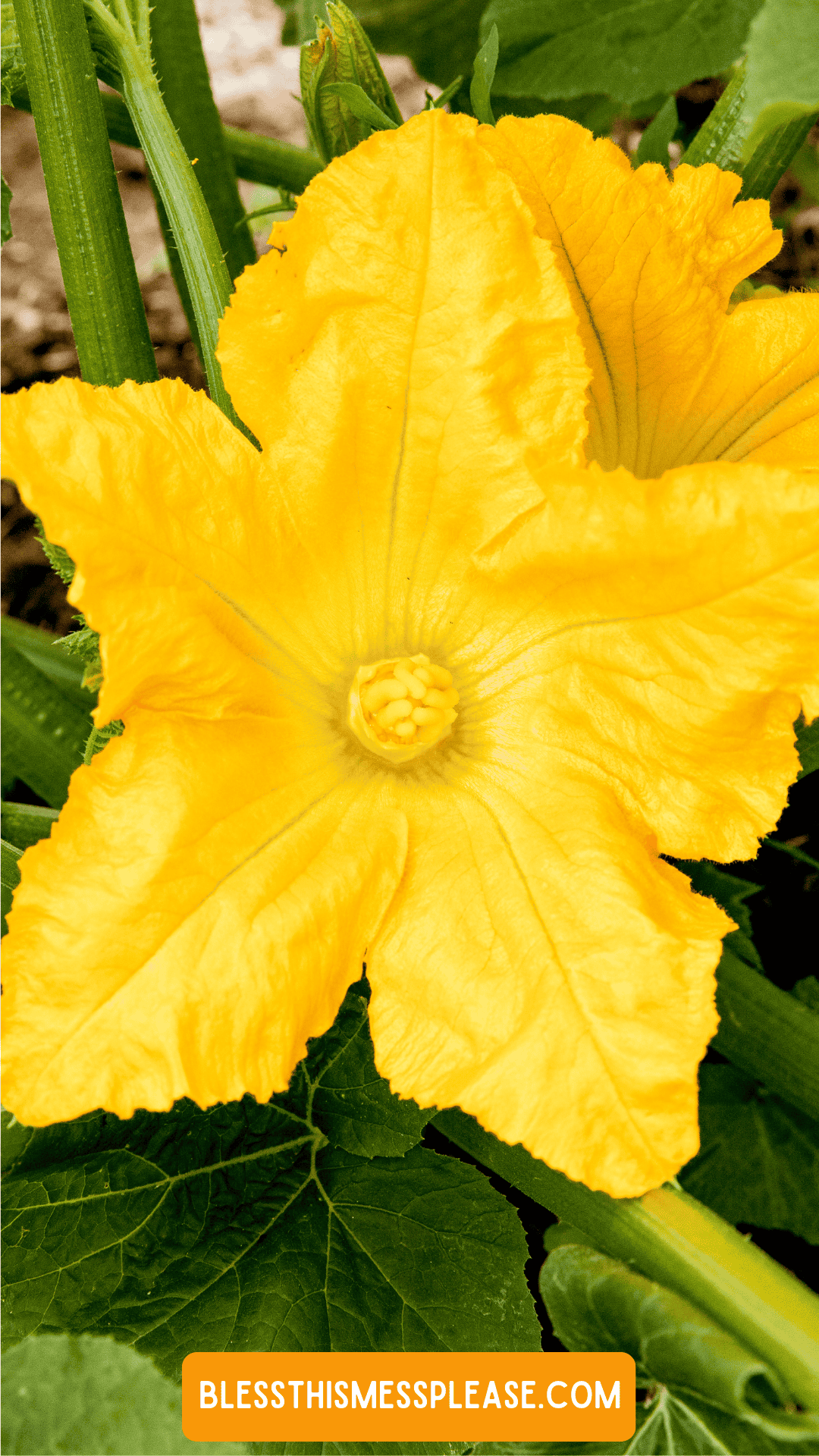This post may contain affiliate links. Please read our disclosure policy.
Explore How To Preserve Winter Squash in this one stop guide with expert preservation methods to keep your delicious squash fresh. Discover canning, freezing, and dehydrating techniques to extend your harvest year-round!
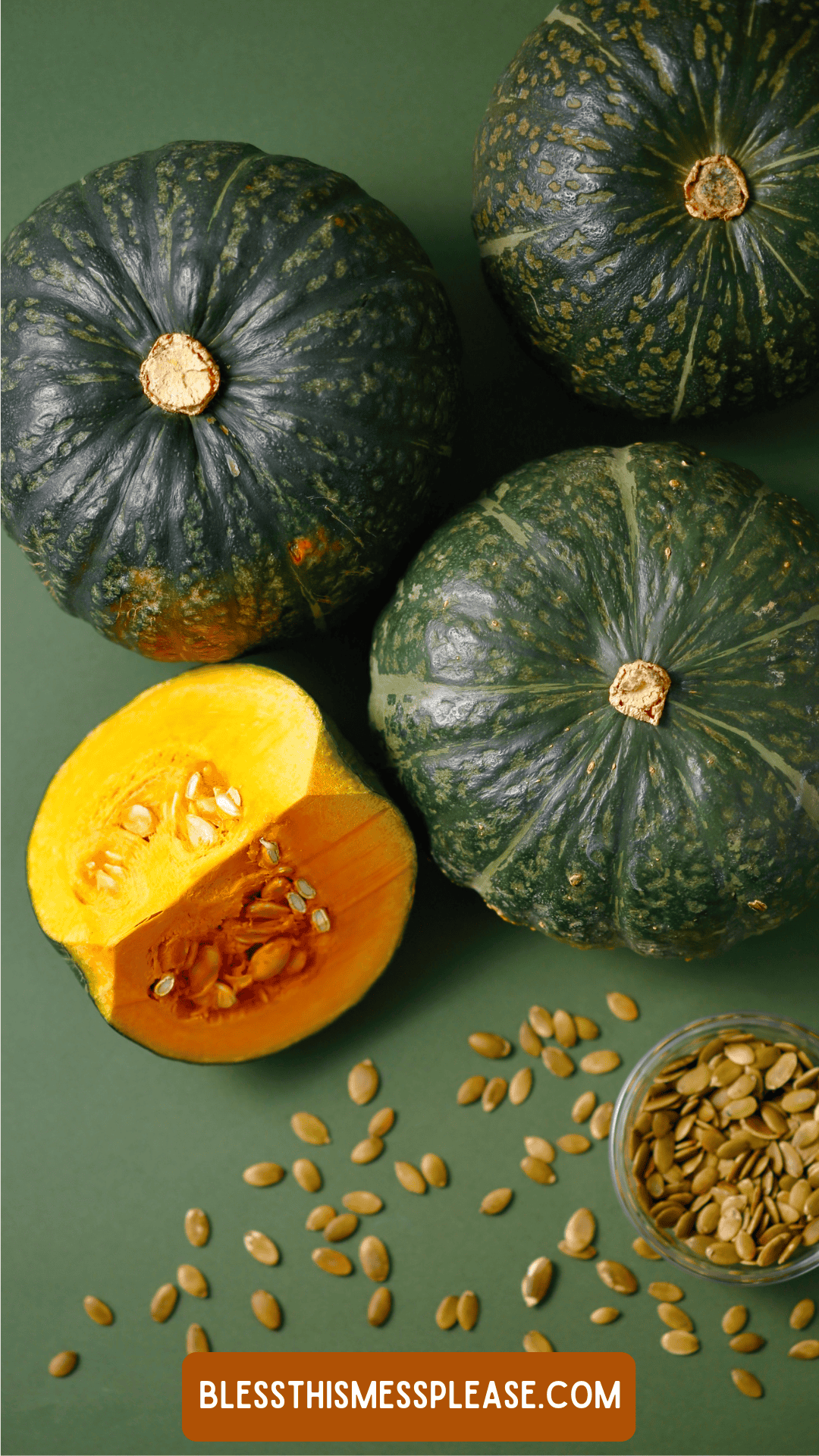
Preserving Guide: How To Preserve Winter Squash
Winter squash varieties like butternut, acorn, and Hubbard are autumn treasures that can nourish your family well into spring with the right preservation techniques. No matter how you’ve gotten your hands on any of these wonderful veggies, knowing how to properly preserve winter squash transforms seasonal abundance into year-round sustenance.
From modern freezing and dehydrating techniques that lock in peak nutrition, to time-tested canning methods, these well known preservation strategies will help you make the most of winter squash season while saving money and reducing food waste!
Types Of Winter Squash
Among the many varieties of Winter Squash, some of the most popular are the Butternut and Buttercup squash varieties, as well as the Acorn, Autumn Frost, Honeynut and Carnival Squash.
Winter squash are truly a treasure trove of variety, with so many different sweet and nutty kinds! They also come with a list of differences from their summer squash siblings, such as harvest time, skin thickness, and storage length.
Winter squash are harvested when they’re more mature, with thick skin, meaning they can be stored for depending on their variety, while you harvest summer squash while they’re young and tender, lending to a shorter shelf life.
There’s no end to the variety of delicious winter squash, so I recommend trying out a few before you pick whatever variety is your favorite to preserve!
Table of Contents
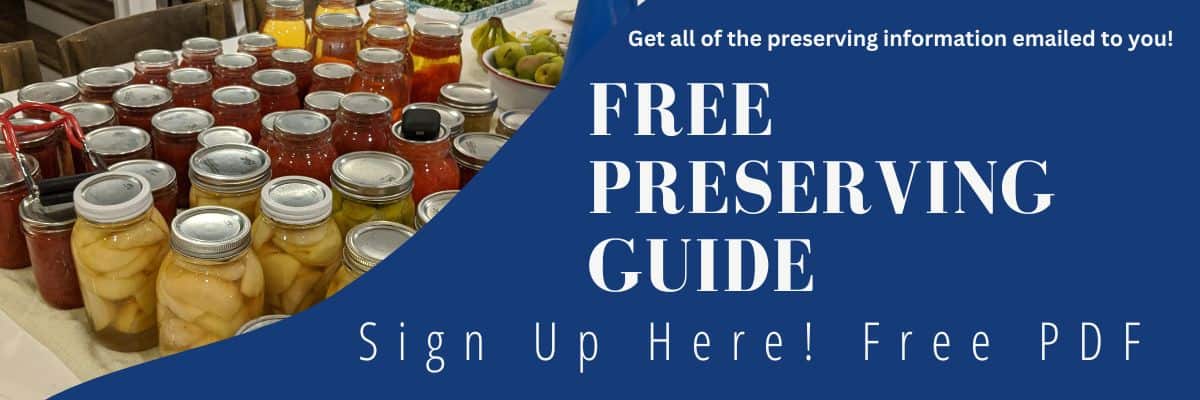
When To Harvest Winter Squash
Harvest after the vines dry up, but before heavy frost. The skin should be tough and the correct color for the variety.
How To Store Winter Squash
Only store your winter squash at room temperature.
Dehydrating Winter Squash
- CUT: Chop into strips about 1-inch wide. Peel off rind, scrape off fiber and seeds. Cut peeled strips into 1⁄8-inch thick pieces.
- DIPPING: Water or steam blanch
- Water blanch: 1 minute
- Steam blanch: 2-3 minutes
- DEHYDRATOR: 10-16 hours
- APPEARANCE WHEN DRY: tough to brittle
Canning Winter Squash
QUANTITY: An average of 16 pounds is needed per canner load of 7 quarts; an average of 10 pounds is needed per canner load of 9 pints – an average of 2-1/4 pounds per quart.
PREPARE SQUASH
- Wash and remove seeds.
- Cut into 1-inch-wide slices and peel.
- Cut flesh into 1-inch cubes.
CANNING WINTER SQUASH
- Boil 2 minutes in water. Caution: Do not mash or puree.
- Fill jars with cubes and cooking liquid, leaving 1-inch headspace.
- Adjust lids and process in a Pressure Canner – 55 minutes for pints and 90 minutes for quarts.
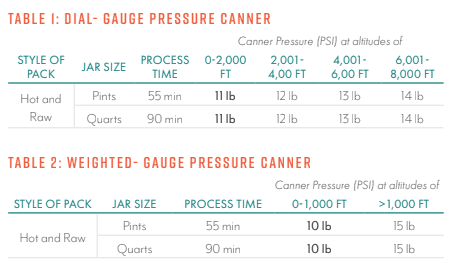
Freezing Winter Squash
PREPARING SQUASH
Select firm, mature squash with a hard rind.
FREEZING WINTER SQUASH
- Cook until soft in boiling water, in steam, in a pressure cooker, or in an oven.
- Remove pulp from rind and mash. For spaghetti squash, mashing the cooked pulp is not necessary.
- To cool, place pan containing winter squash in cold water and stir occasionally.
- Package, leaving 1⁄2-inch headspace.
- Seal and freeze.
🍎🫙 Get a free Preserving Guide for all the details to dehydrate, can, and freeze 42 fruits and vegetables — get the FREE GUIDE here!
Expert Tips
- Storage Time: Storage time varies by method and variety. Frozen squash maintains quality for 10-12 months, canned squash lasts 2-3 years, and dehydrated pieces stay good for 1-2 years when stored properly.
- Best Squash Varieties: Dense, thick-skinned varieties like butternut, acorn, Hubbard, and kabocha are ideal for whole storage. Delicata and sweet dumpling have thinner skins and are better candidates for processing methods like freezing or canning. Spaghetti squash freezes beautifully when pre-cooked.
- Blanching for the Best: While you technically can freeze raw winter squash, blanching is highly recommended for best results. Blanching stops enzyme activity that causes flavor loss, color changes, and texture deterioration. Raw frozen squash becomes mushy and loses flavor quickly, while properly blanched squash maintains quality for nearly a year.
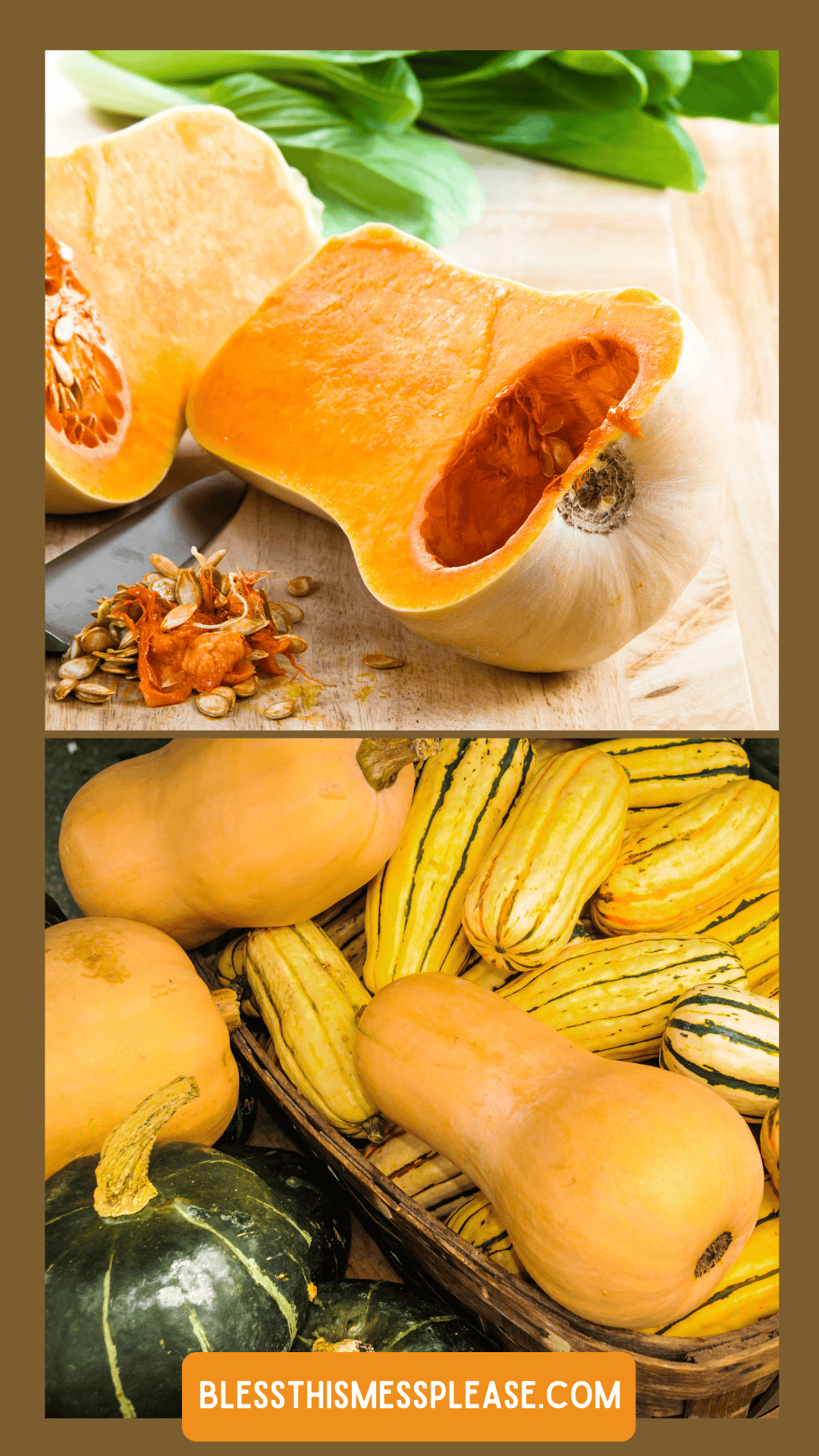
More Tips For Preserving The Harvest
Preserving Guide
How To Preserve Watermelon
Preserving Guide
How To Preserve Tomatoes
Preserving Guide
How To Preserve Sweet Potatoes
Preserving Guide
How To Preserve Summer Squash
Did you use any of these preserving tips? Leave a note below in the comments or share it on Instagram, Facebook, or Pinterest!


